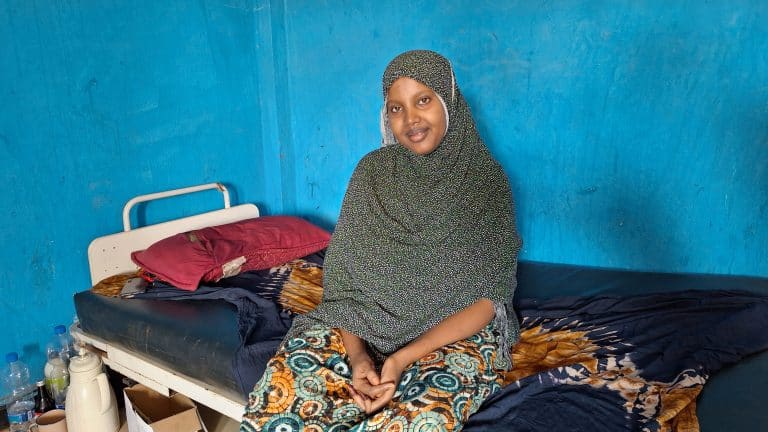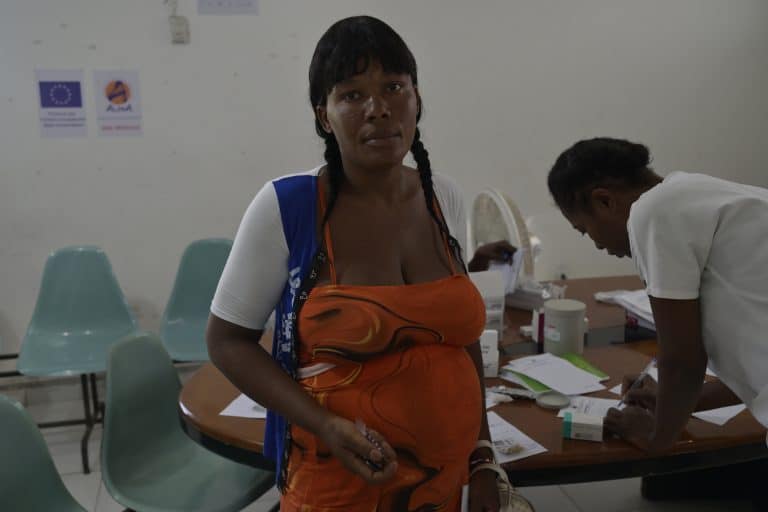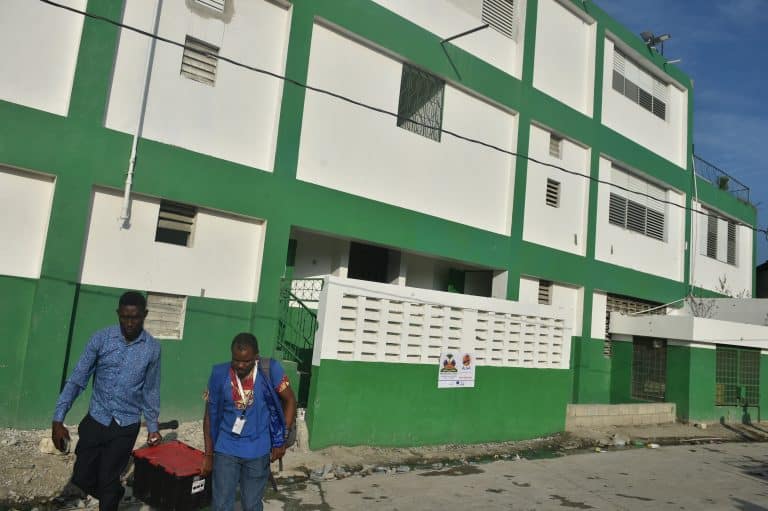In the Télimélé Prefecture, ALIMA, in collaboration with the Mounafanyi Federation of Kindia (FMK) and the Ministry of Health, is carrying out a project to improve maternal and newborn health. “Model husbands” play a key role in raising community awareness and encouraging antenatal care, assisted deliveries, postnatal follow-ups, and childhood vaccinations.
Community-Driven Initiatives to Reduce Maternal and Newborn Mortality
Role models, such as Boubacar, Sadjo, Kindi, and Mamadou, are actively involved in educational and awareness campaigns. Funded by the French Development Agency, this innovative project strengthens access to healthcare for pregnant women and their babies, reduces pregnancy and childbirth-related complications, and promotes women’s empowerment.
Men Committed to the Health of Women and Newborns Share Their Stories
Boubacar, 56, a retired father of eight, raises awareness among men about the importance of prenatal ultrasounds and medical checkups.
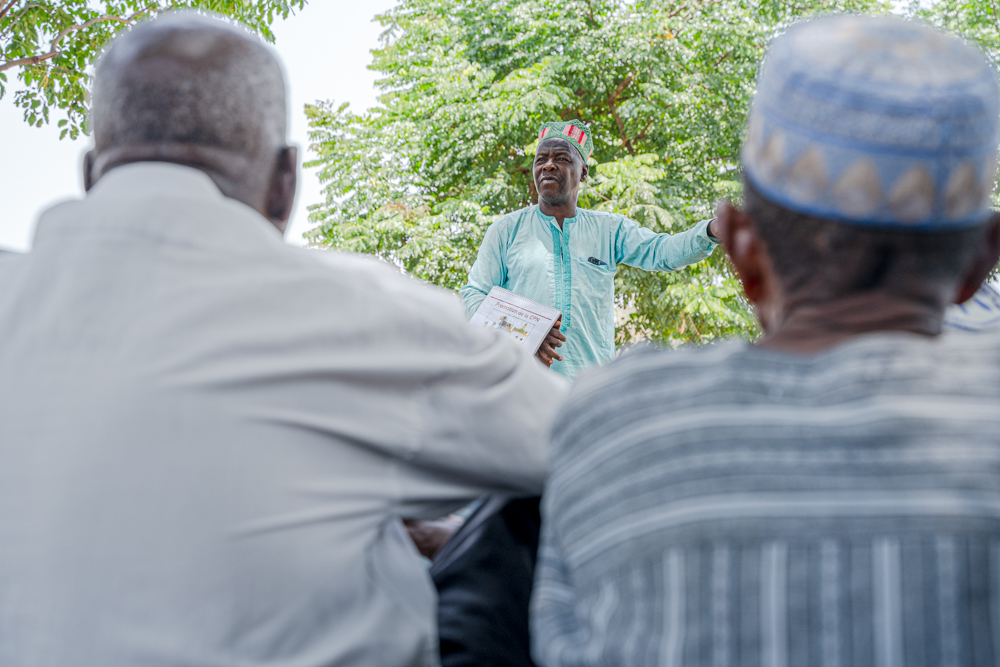
“I love my wife. If she were to die during childbirth, I would feel responsible.”
Boubacar
Sadjo Bah, 23, discovered the importance of family planning and medical consultations through educational sessions. Today, he advocates for birth spacing within his family.
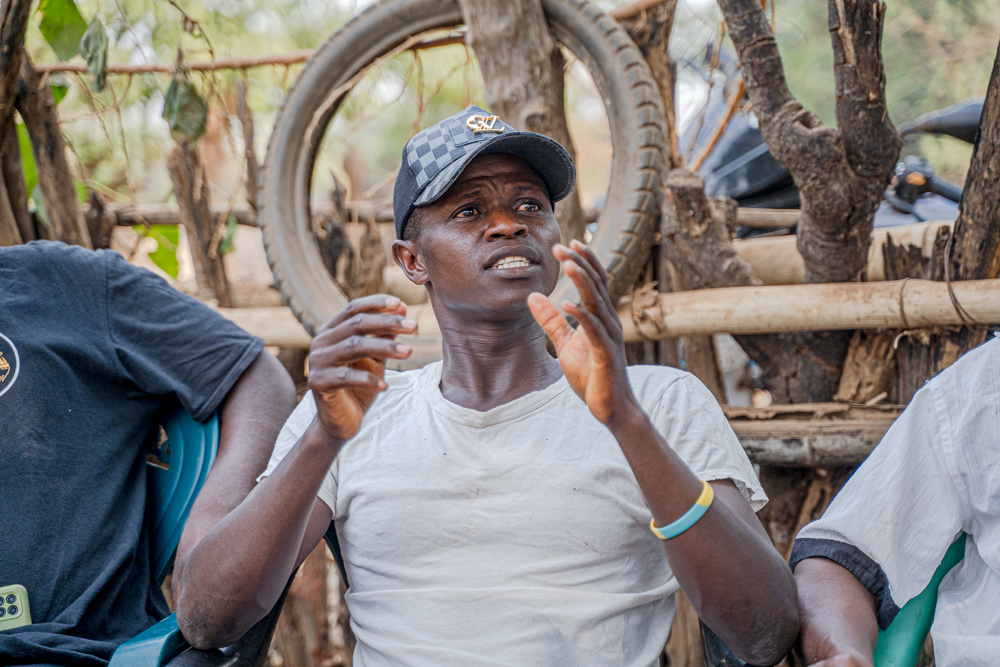
“Thanks to ALIMA, I chose to be a role model in my community. My wife received medical monitoring throughout her pregnancy and benefited from the mandatory ultrasounds. She gave birth safely at the health centre, not at home.”
Sadjo Bah
Kindi, 68, raises awareness every Friday among worshippers at his mosque.
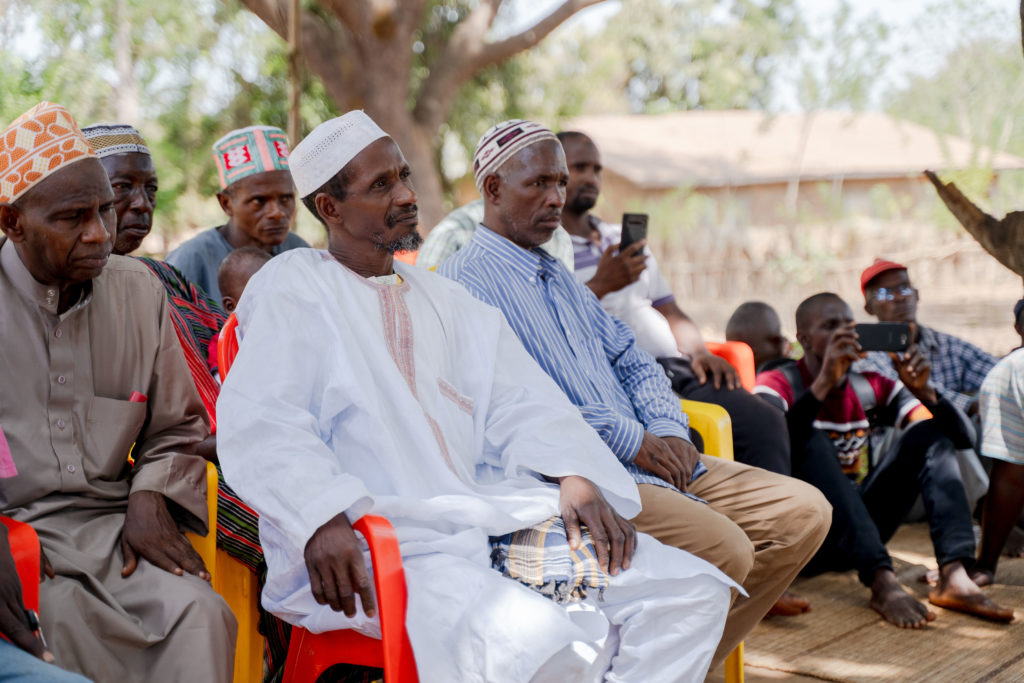
“I am proud to share with other men the importance of supporting our wives in their medical follow-up.”
Kindi
Mamadou recalls the times when births occurred without medical assistance. Now, he promotes the importance of prenatal care by showing ultrasound images to convince his peers.
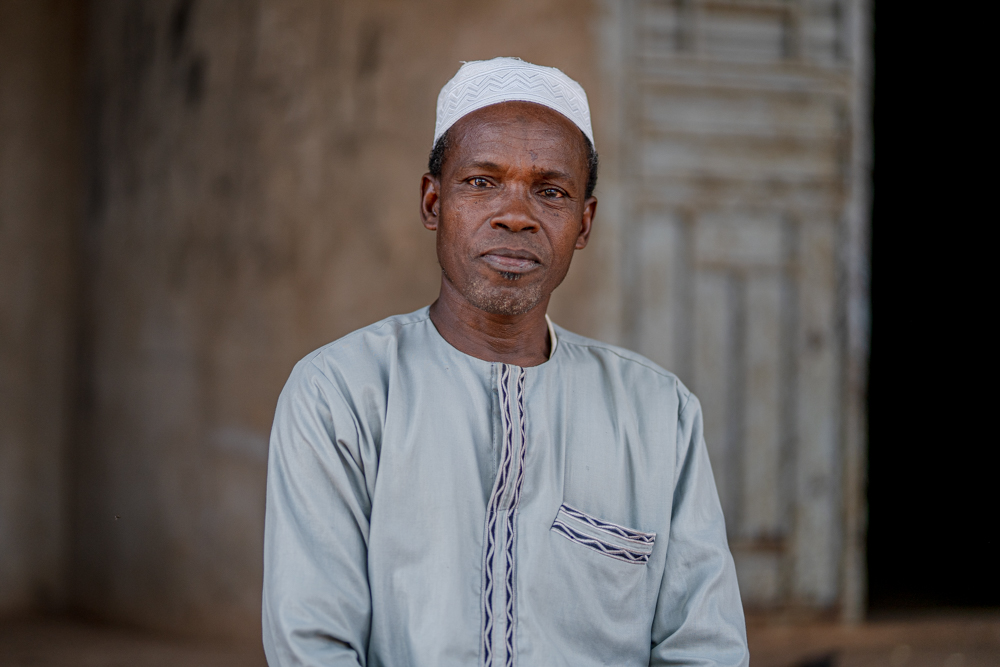
“In the past, our wives had no medical support. For me, being a model husband means raising awareness among men around me and being present for my wife and children.”
Mamadou
Tangible Impact
Thanks to these community-led initiatives and the technical assistance of ALIMA and its partners:
- 18,854 women received appropriate care during their pregnancy.
- 5,034 newborns received medical follow-up.
- 7,214 men were sensitised by model husbands to change their attitudes toward reproductive health.
The Télimélé example highlights how involving men is crucial to sustainably transforming social norms and improving maternal and newborn health. Through their community engagement, model husbands become key actors of change.
> Learn more about this maternal and newborn health project
*Latest World Bank data from 2020
**Data collected as of 31/10/2024
Photographs: Alexandre Bonneau / ALIMA
ALIMA has been present in Guinea since 2014, conducting research and responding to health needs and epidemics across Conakry, Maferinya, N’Zérékoré, Siguiri, and Télimélé (maternal and neonatal health).


